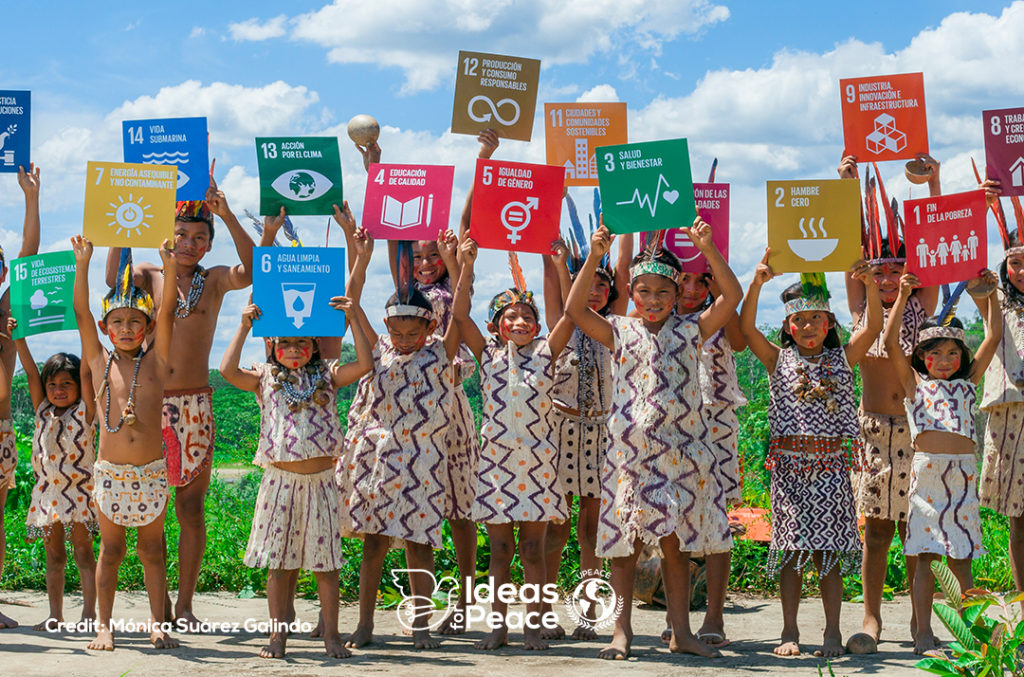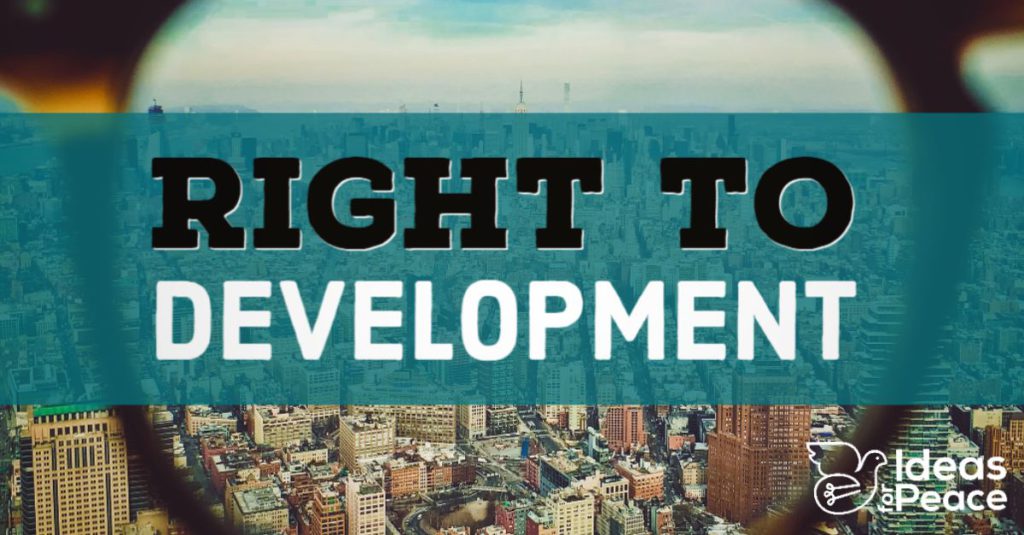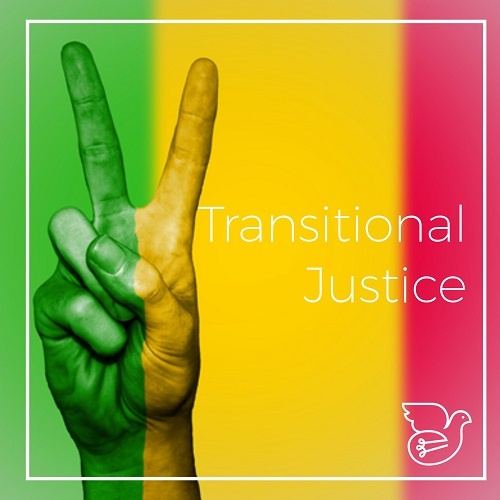The evolution of the right to development in international law, from the post-WWII to present times

The right to development emerged from newly independent States and their claim for compensation for the damages caused by colonial rulers
Operatividad de los ODS mediante un instrumento jurídicamente vinculante sobre el Derecho al Desarrollo

El desarrollo sostenible requiere la adopción de un marco legal internacional que garantice el derecho al desarrollo, y en este artículo, Manveer Singh discute como puede adoptarse
Ideas for Peace Series – Right to Development

This is the 15 publication of the Ideas for Peace Series “Towards a Legally Binding Instrument on the Right to Development” it was written by Dr. Mihir Kanade and it seeks to explain the overall context for the adoption of an international biding treaty to ensure this right
JUSTICIA TRANSICIONAL PARA MALÍ: ¿EL IMPASE?

Transitional justice for Mali: The impasse? Author: Odette Pires Translated into Spanish by Florencia Prieto For eight years now, Mali has been a scene of a series of armed conflicts involving multiple local, regional, and international actors that are getting more and more entangled in a dead end. Important stakeholders such as France, the United-States, […]
International Lawyer 101
Hartley William Shawcross, who died this month at the age of 101, unravelled the legal underpinnings in international law for trying war criminals. His legacy remains, but so do the complexities.
History Repeats Itself? Costa Rican History Applied to the Honduran Conflict
Whether or not the present Honduran interim government will be fully recognized by the international community remains to be seen. For the time being, however, states must still decide when and how to conduct relations with the military-appointed government, balancing concerns for pressing international issues with the expected validity and permanence of agreements made with that entity. In making such calculations, states must consider the legal status of that government as the valid representative of the Honduran State in international law. Status under law helps define how a state, and therefore its treaties, agreements and contracts, will be treated in courts, tribunals and organizations abroad. This essay uses the legal issues presented in a similar historical case, the 1923 Tinoco Arbitration between Great Britain and Costa Rica. George McGraw analyzes Honduras’ current status in international law. He argues through the application of basic international legal principles such as state continuity, effectivity, and de facto vs. de jure legitimacy. According to the author, this essay hopes to contribute to the current dialogue concerning the transitioning state.
Some Similarities Between the Armenian Genocide, 1915-1923, and the 1994 Genocide in Rwanda
The twentieth century witnessed systematic, state-sponsored killings of specific ethnic, nationalist, or religious groups across continents and cultures. Much can be learned from the individual ideologies of hate and insecurity that led to each genocide, but as Habyarimana argues, they also share significant similarities. Ultimately, genocide is not a problem that belongs to specific times and places, but a problem for all mankind. We all have a responsibility to understand what has happened, and build a future where such atrocities are an impossibility.
Some Similarities Between the Armenian Genocide, 1915-1923, and the 1994 Genocide in Rwanda
The twentieth century witnessed systematic, state-sponsored killings of specific ethnic, nationalist, or religious groups across continents and cultures. Much can be learned from the individual ideologies of hate and insecurity that led to each genocide, but as Habyarimana argues, they also share significant similarities. Ultimately, genocide is not a problem that belongs to specific times and places, but a problem for all mankind. We all have a responsibility to understand what has happened, and build a future where such atrocities are an impossibility.
Article 2(4) of the UN Charter: Alive and Well
Some have argued that the continued use of force in international relations demonstrates that the prohibition of the use of force in Article 2(4) of the UN Charter is meaningless and outdated. Kanade counters this position with a discourse on the purpose and interpretation of international law, and argues that the UN Charter continues to offer a meaninful and effctive legal framework for confronting threats to global peace and security.
Ignoring Genocide, One More Time
The world watched with a mixture of horror and lethargy during the various genocides of the 20th century, later wondering why no one tried to stop it. But as the grimness in Darfur, Sudan, continues to unfold, the cycle is repeating itself.
